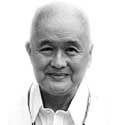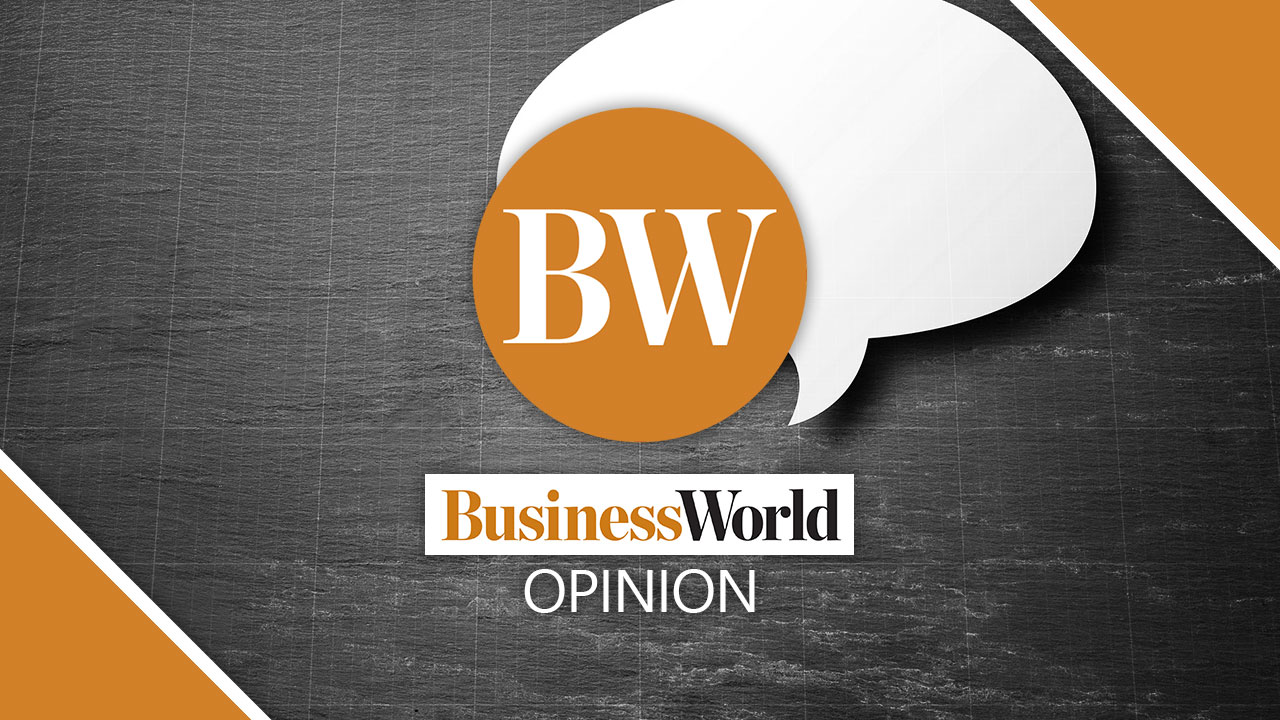
Musings
By Oscar P. Lagman, Jr.

“While presidential candidate Bongbong Marcos is calling for unity, we are saddened by the men and women of the Catholic [Church] who are doing the exact opposite and have abused the pulpit, allowing it to become a platform for hateful and negative campaigning. As men and women of the cloth, they should be more circumspect, refrain from openly meddling with politics and stop making reckless imputation or statement that only serves as a spiritual, moral, social and cultural poison.”
That was the reaction of lawyer Vic Rodriguez, spokesperson of presidential candidate Bongbong Marcos, to the pastoral letter of the Catholic Bishops’ Conference of the Philippines (CBCP). The letter warned the electorate against the “virus of lies” being sown in social media by troll farms.
In response to Mr. Rodriguez’ remark, Kalookan Bishop Pablo Virgilio David, who signed the pastoral letter in his capacity as president of the CBCP, said, “No, we don’t foment hatred. That’s unchristian. The only enemy we are taught to renounce is Satan — who is the prince of lies and who alone is happy when the social media are used to spread lies and disinformation.” CBCP executive secretary Fr. Jerome Secillano also said that “this candidate might not tolerate factual information and dissenting opinions after all.”
The letter calls on the faithful, especially the youth, to examine carefully what is happening in the quest for a true and just society, to engage in dialogue and discernment, to listen to the dictates of their conscience, not to the falsehood or distortion of the truth propagated by troll farms. The letter was sent out on February 25, anniversary of the triumph of People Power over the Marcos Dictatorship. Here are excerpts from the letter:
“The present state of division among us due to politics, is unfortunate. Yet, we hope all of us consider the common good as foremost concern. Let us respect one another — not giving in to hatred and rash judgments. Let us diligently seek the truth that we may do what is right and avoid evil.
“We are here to provide moral and spiritual guidance, in accord with our mission of proclaiming the truth from our faith.
“The elections are fast approaching …but we are appalled by the blatant and subtle distortion, manipulation, cover-up, repression and abuse of the truth, like: historical revisionism — the distortion of history or its denial; the proliferation of fake news and false stories; disinformation – the seeding of false information and narratives in order to influence the opinion of the people, to hide the truth, to malign and blackmail people. There are troll farms which sow the virus of lies.
“In this letter, we favor none but the truth. We wish to warn you of the radical distortions in the history of Martial Law and the EDSA People Power Revolution.
“Many of us, Bishops, were witnesses of the injustice and cruelty of Martial Law. And up until now, the human rights abuses, the victims, the corruption, the grave debt and economic downturn of the country due to dictatorship are all well-documented. Again, we did not make these up. These are all written in our history.
“In view of the coming elections, we call on you, Brothers and Sisters — especially the Youth, to examine carefully what is happening in our quest for a true and just society. Engage in dialogue and discernment. Listen to your conscience. Be the ones to decide.”
I find it hard to understand why Mr. Rodriguez was saddened by such a plea. Strange that he should frown on people of the Catholic Church “meddling” in matters of the state when he found nothing wrong about the endorsement of Bongbong Marcos’ presidential bid by Apollo Quiboloy, Executive director of the Kingdom of God, and by Mike Velarde, leader of the Catholic charismatic group El Shaddai.
Mr. Rodriguez’ statement that men and women of the cloth should refrain from openly meddling with politics must come from the common but erroneous understanding of the concept of separation of church and state — that the church should confine itself to matters of faith and morals only and should not stray into matters of the state.
But separation of church and state simply means the state or government should not officially recognize or favor any one religion or church and should remain neutral toward all religions. The 1987 Constitution of the Philippines declares, “No law shall be made respecting an establishment of religion, or prohibiting the free exercise thereof. The free exercise and enjoyment of religious profession and worship, without discrimination or preference, shall forever be allowed. No religious test shall be required for the exercise of civil or political rights.”
In other words, the government cannot establish a national religion. It also means that the government cannot force citizens to practice a specific religion nor prevent them from practicing what their religion obligates or allows them to do. Bigamy is illegal in the Philippines but Filipino Muslims may take more than one wife if they can deal with them and treat them equally.
Conversely, the church or a religion cannot force the government to observe the canons of the church. The government is free to pass any law it wants, even if the law conflicts with the church teachings. Example is the Reproductive Health Law which guarantees free access to any modern contraceptive, the use of which the Catholic Church considers immoral.
There is no Philippine law that prohibits a priest, pastor, imam, rabbi, or any leader of a religious group from having an active interest and participation in politics or affairs of the state. In fact, it is his duty as citizen to be active in political matters and to exercise his right to choose who should govern the citizenry.
The idea of the separation of church and state came about during the period of the Protestant Reformation. Monarchical absolutism, which is the King having absolute authority over state and religious matters, became widespread in Western Europe in the 15th and 16th centuries. Monarchs ruled by the idea of divine right, that the King ruled both his own kingdom and the church within his territory.
On the other hand, there was the Catholic belief that the Pope, as the Vicar of Christ on earth, should have authority over the Church and to a large extent over the state. In fact, throughout the Middle Ages the Pope claimed the right to dethrone the Catholic kings of Western Europe.
Most famous among the monarchs who had both temporal and spiritual powers was King Louis XIV of France who declared “L’etat, c’est moi” (“I am the state”). Another was King Henry VIII of England who established the Church of England after his request to divorce his wife, Catherine of Aragon, was rejected by Pope Clement VII.
Queen Isabella I and King Ferdinand II, known as the Catholic Monarchs of Spain, who jointly ruled the kingdom in the latter part of the 15th Century, formulated both domestic and religious policies. In fact, their reign was marked by the religious unification of the Iberian Peninsula through militant Catholicism.
The conquistadores from Spain brought to the Philippines in the 16th Century the concept of a government that has authority over secular and ecclesiastical matters. Catholicism and the Spanish government were inseparable in the Philippines during the Spanish colonial era. The religious orders played a dominant role in the administration of the Philippines. By the late 19th Century, the Catholic religious orders were the most politically powerful groups in the Philippines.
The fusion of the Catholic Church and the Spanish colonial government presented a problem to the new American colonial government. The Founding Fathers of the United States of America espoused the absolute separation between church and state. Their forebears were those who fled the religious persecution in Europe or those who sought religious freedom. The First Amendment to the Constitution of the United States provided that Congress make no law respecting an establishment of a religion or prohibiting its free exercise.
It took the American colonial government about 30 years to convert the Filipino leadership to the concept of separation of church and state. Thus, the 1935 Constitution of the Philippines, crafted under the guidance of the American colonial administrators, adopted the same provision expressed in the First Amendment to the US Constitution. So did the 1973 constitution drafted by Ferdinand Marcos himself and the 1987 constitution written by a commission formed by President Cory Aquino.
Therefore, no Filipino citizen, whatever his religion may be, exalted his position in his religion may be, should inhibit himself from active involvement in politics or even from endorsing a presidential candidate.
Oscar P. Lagman, Jr. is a retired corporate executive, business consultant, and management professor. He has been a politicized citizen since his college days in the late 1950s.